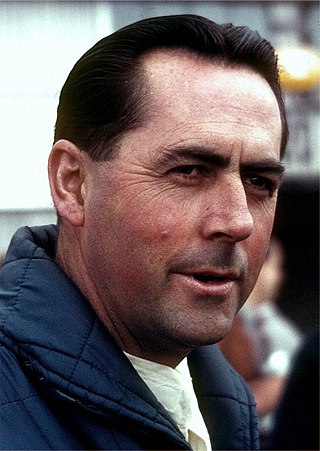
Sir John Arthur Brabham was an Australian racing driver who was Formula One World Champion in 1959, 1960, and 1966. He was a founder of the Brabham racing team and race car constructor that bore his name.

Ari Pieti Uolevi Vatanen is a Finnish rally driver turned politician and a Member of the European Parliament (MEP) from 1999 to 2009. Vatanen won the World Rally Championship drivers' title in 1981 and the Paris Dakar Rally four times. In addition, Vatanen won the 1997 FIA World Cup for Cross-Country Rallies. Since 2013 Vatanen has been the President of the Estonian Autosport Union.

Otto Wilhelm Rudolf Caracciola was a racing driver from Remagen, Germany. He won the European Drivers' Championship, the pre-1950 equivalent of the modern Formula One World Championship, an unsurpassed three times. He also won the European Hillclimbing Championship three times – twice in sports cars, and once in Grand Prix cars. Caracciola raced for Mercedes-Benz during their original dominating Silver Arrows period, named after the silver colour of the cars, and set speed records for the firm. He was affectionately dubbed Caratsch by the German public, and was known by the title of Regenmeister, or "Rainmaster", for his prowess in wet conditions.

Peter Paul Sauber is a retired Swiss motorsport executive. He was the team principal and owner of various motorsports teams, most visibly the eponymous Sauber Formula One team.

British Racing Motors (BRM) was a British Formula One motor racing team. Founded in 1945 and based in the market town of Bourne in Lincolnshire, it participated from 1951 to 1977, competing in 197 grands prix and winning seventeen. BRM won the constructors' title in 1962 when its driver Graham Hill became world champion. In 1963, 1964, 1965 and 1971, BRM came second in the constructors' competition.

The British Hillclimb Championship (BHC) is the most prestigious hillclimbing championship in Great Britain. The British Hill Climb Championship was held every year from 1947 to 2019, and resumed in 2021. The 2020 season was cancelled due to the COVID-19 pandemic.
Roy Lane was a British racing driver. He is best known for his great success in hillclimbing, having won the British Hillclimb Championship on four occasions in a career spanning more than three decades. Lane won 90 individual rounds of the championship, a record equaled by Martin Groves in July 2009.
Graeme Wight Jr. is a Scottish racing driver, best known for his success in hillclimbing, where he has won two British championships.
Osella is an Italian racing car manufacturer and former Formula One team. They participated in 132 Grands Prix between 1980 and 1990. They achieved two points finishes and scored five world championship points.

Peter Westbury was a British racing driver from England. He participated in two World Championship Formula One Grands Prix, scoring no championship points. In 1969 he raced a Formula 2 Brabham-Cosworth, driving in his first Grand Prix in the 1969 German Grand Prix. He finished ninth on the road, fifth in the F2 class. The following year he failed to qualify for the 1970 United States Grand Prix driving a works BRM, after an engine failure.
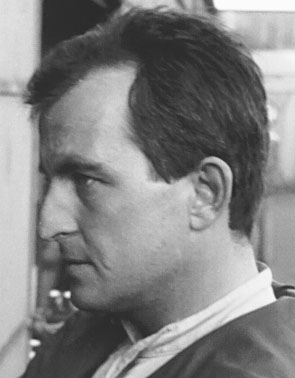
Ludovico Scarfiotti was a Formula One and sports car driver from Italy. Just prior to entering Formula One, he won the 1963 24 Hours of Le Mans for Ferrari. He later participated in 12 World Championship Formula One grands prix, and many non-championship races. He won one World Championship race, and scored a total of 17 championship points. A motor sports competitor for a decade, Scarfiotti won the 1962 and 1965 European Hillclimb Championship. He was proclaimed Italy's best driver in both 1962 and 1965.

Judd is a brand of racing car engines built by Engine Developments Ltd., a company founded in 1971 by John Judd and Jack Brabham in Rugby, Warwickshire, England. Engine Developments was intended to build engines for Brabham's racing efforts, and became one of the first firms authorised by Cosworth to maintain and rebuild its DFV engines, but has since expanded into various areas of motorsport.

Ralt was a manufacturer of single-seater racing cars, founded by ex-Jack Brabham associate Ron Tauranac after he sold out his interest in Brabham to Bernie Ecclestone. Ron and his brother had built some specials in Australia in the 1950s under the Ralt name. Tauranac won the 1954 NSW Hillclimb Championship in the Ralt 500.
Gould Racing is a British motorsport company, specialising in racing car manufacture and engineering. The company is run by David Gould, and is based in Newbury, Berkshire, England.
Four-wheel drive (4WD) has only been tried a handful of times in Formula One. In the World Championship era since 1950, only eight such cars are known to have been built.
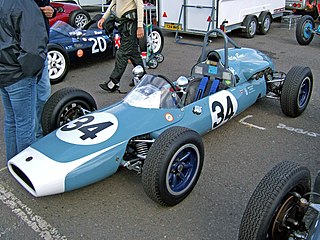
Patricia Mary "Patsy" Burt was a British motor racing driver.
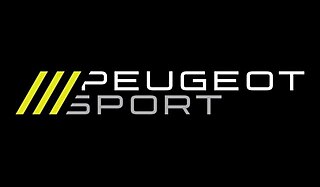
Peugeot Sport is the department of French carmaker Peugeot responsible for motorsport activities.
Michael Roy Pilbeam is a British motorsport designer and engineer known for his work with BRM, Lotus, Surtees and his own company, Pilbeam Racing Designs. An early design was the experimental four wheel drive Formula One BRM P67 of 1964. As of 2014, Pilbeam's company continued to produce hillclimb cars and sports prototype chassis for endurance racing.
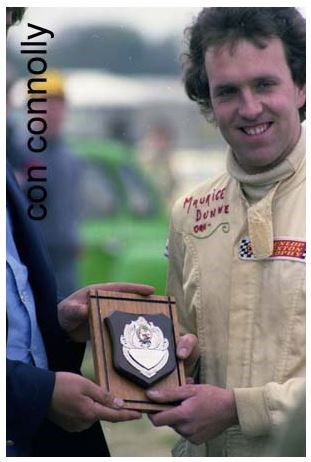
Maurice Dunne is a racing driver, active in years 1975-1989.

The Dino 206 S is a sports prototype produced by Ferrari in 1966–1967 under the Dino marque. Ferrari intended to produce at least fifty examples for homologation by the CSI in the Sport 2.0 L Group 4 category. As only 18 were made, the car had to compete in the Prototype 2.0-litre class instead. In spite of this handicap the Dino 206 S took many class wins. The 206 S was the last of the Dino sports racing cars and simultaneously the most produced.













